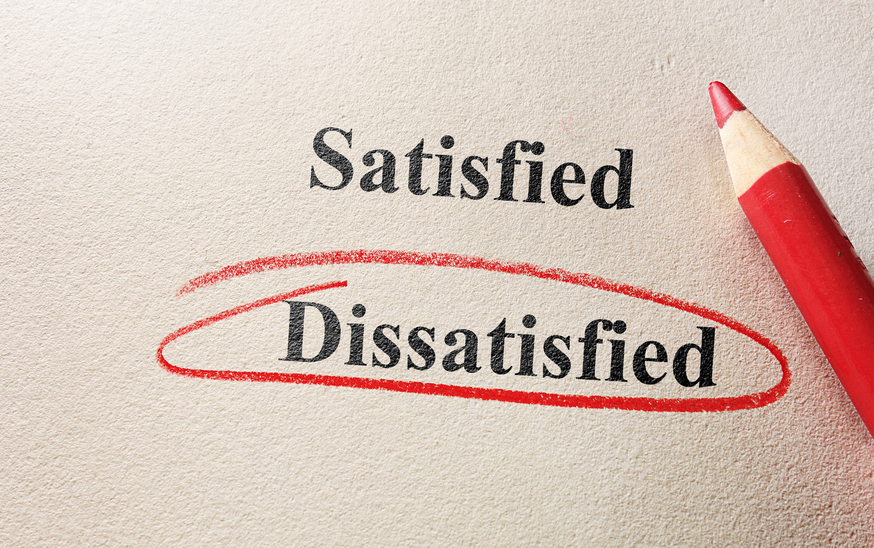In today’s Advisor, we’ll look at the rest of the employee complaint tips we began yesterday.
 |
- Have a clear policy—even if not disseminated—relating to how an investigation will be conducted after a complaint is presented. This helps to ensure you treat employees fairly and consistently by following the same (or similar, as situations warrant) procedures to investigate the issues at hand.
- Have mechanisms to prompt follow-up after complaints have been resolved. It’s possible that a problem has resurfaced, but the employee did not come back to you again because he or she thinks that you’re now monitoring the situation and should know. Follow up also helps to ensure that any resolutions put in place have been effective.
- Train managers and HR on when immediate action is required. While complaint investigations should always be prompt, sometimes, such as cases of threats of violence, “prompt” equals immediate. Don’t let policy get in the way of safety.
- Train managers and HR team members on when to refer employees to external sources of assistance.
- If your workplace has a union contract, be sure to know the contractual obligations for handling complaints, and follow those guidelines. For example, employees may have the right to have a union representative present during any discussions about employee grievances.
- Be a good listener. When an employee comes to you with a complaint, take the time to allow that person to fully explain the situation. Ask questions to be sure you get the whole picture without jumping to conclusions. Take notes during this conversation and all related conversations to be sure you have an accurate record of the entire situation. Work closely with the employee to confirm accuracy of everything.
- Remain as neutral as possible when listening to employees. Don’t take sides without having all information.
What have been some of the toughest employee situations you’ve handled? What tips would you add to this list?
